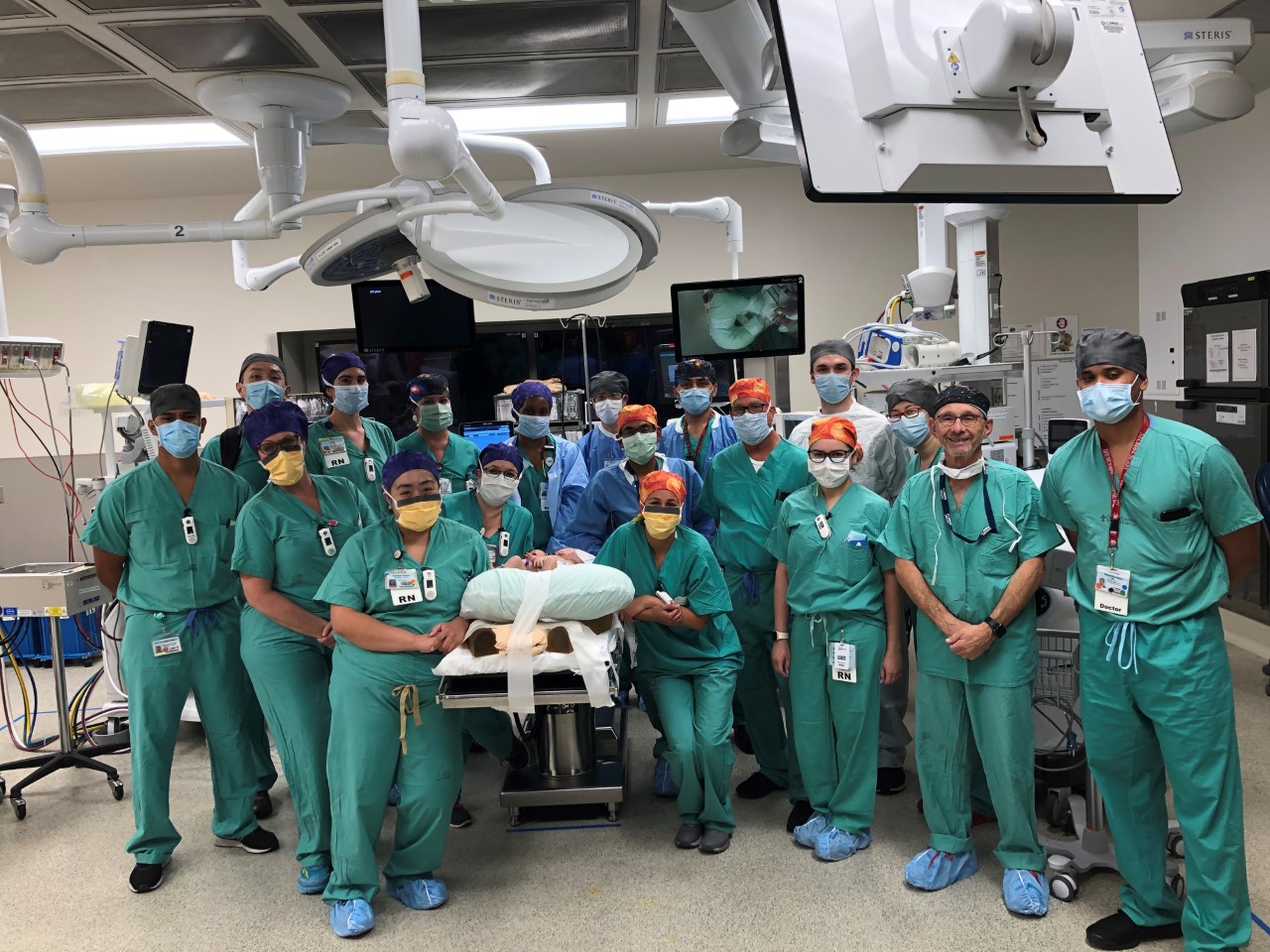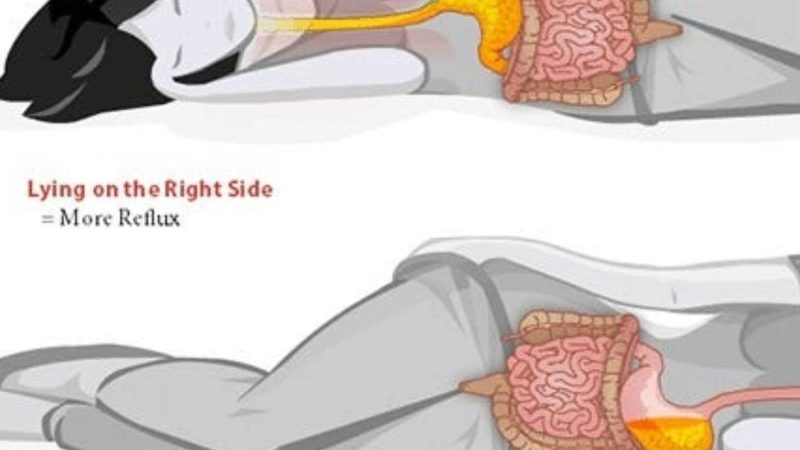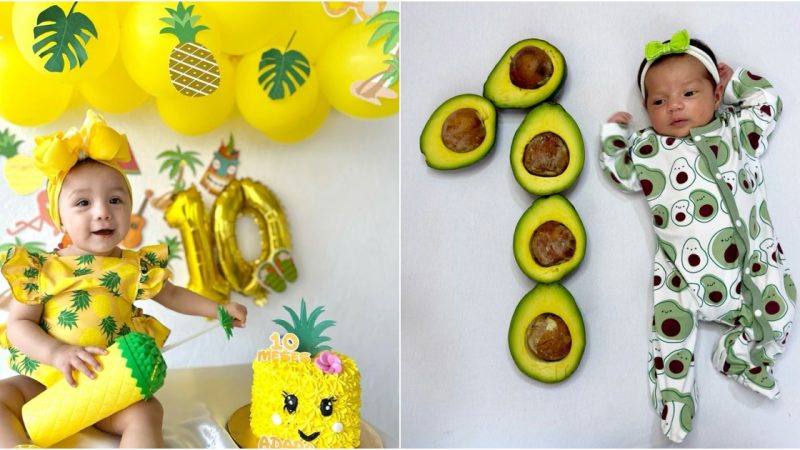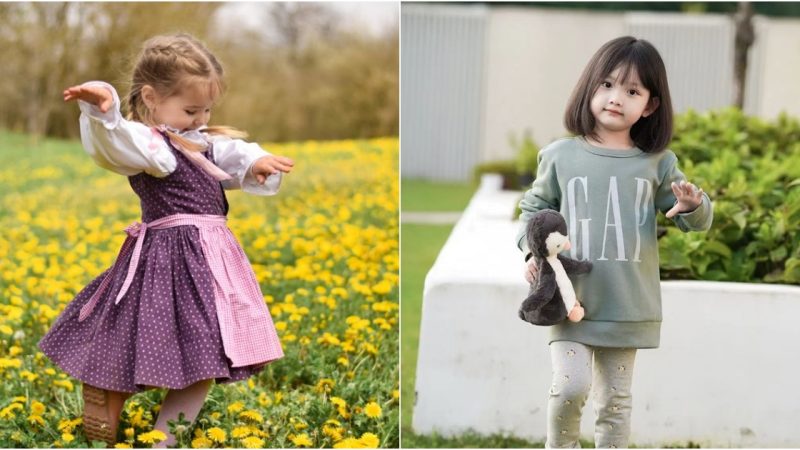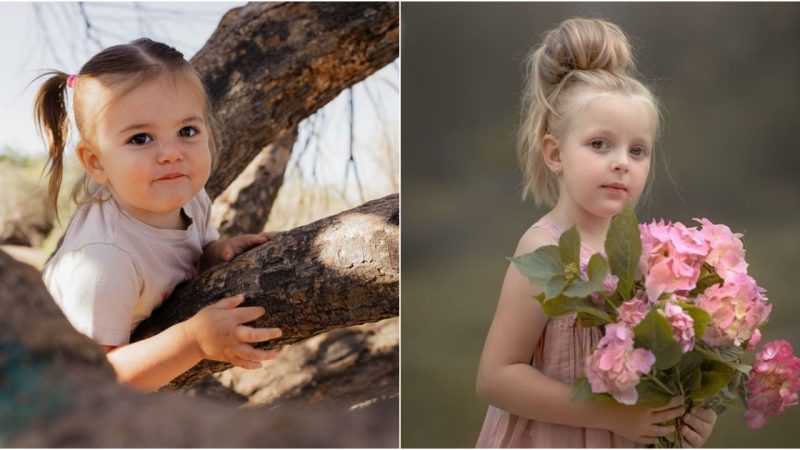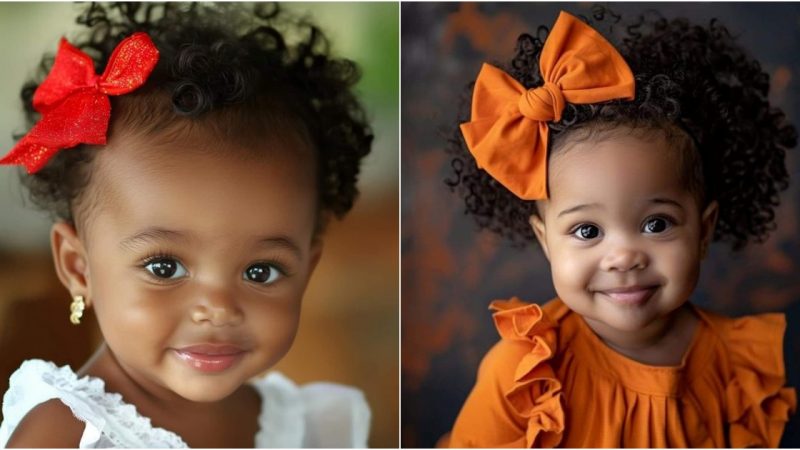In a medical feat that defied the odds, two baby girls born conjoined at the head have been successfully separated in what medical professionals are hailing as a “landmark surgery.”
Abigail and Micaela Bachinskiy, nine-month-old sisters who shared an extraordinarily rare condition known as craniopagus twins, underwent a remarkable 24-hour surgery over the weekend at UC Davis Children’s Hospital in Sacramento.
Their parents, Liliya Miroshnik and Anatoliy Bachinskiy, are counting their blessings as their daughters recover from this groundbreaking operation.
“This is a landmark surgery for us at UC Davis Children’s Hospital,” stated Dr. Michael Edwards, the lead pediatric neurosurgeon. “Abigail and Micaela are doing well and recovering in our Pediatric Intensive Care Unit, thanks to an amazing team effort dedicated to ensuring these very rare twins have the best shot at a healthy life ahead.”
Liliya Miroshnik first learned that her daughters were conjoined at the head when she was 11 weeks pregnant. At that moment, Miroshnik, already a mother to three boys, felt overwhelmed. However, her husband provided reassurance, reminding her that everything would work out.
“It was very tough. I was shocked. I couldn’t process,” recalled Miroshnik. “When I got home, my husband said that everything will be good. We will get through it. This is our kids. We already love them.”
Miroshnik was referred by her doctor to the UC Davis Fetal Care and Treatment Center, where she began receiving extensive prenatal care. UC Davis medical teams prepared for the twins’ delivery by practicing numerous simulations and scenarios to anticipate the numerous potential risks the girls might face.
Abigail and Micaela were born on December 30. Following their birth, the twins spent seven weeks in the hospital’s Neonatal Intensive Care Unit (NICU) before finally going home.
It wasn’t until Abigail and Micaela were nine months old that doctors at UC Davis decided to bring them back to separate their heads. As they grew older, the risk of shared blood vessels and organs becoming more entangled increased, and the upcoming flu, COVID-19, and RSV season added to the urgency.
Medical teams spent months preparing for the procedure, printing 3D models of the twins’ fused skulls to practice on and using mixed-reality goggles to examine the inside of the girls’ skulls in advance to determine which blood vessels needed detangling and separation.
In June, Dr. Wong’s team also placed custom-designed tissue expanders under the girls’ skin to encourage more skin growth and help cover the exposed area of their skulls after surgery.
When late October finally arrived, the medical team, consisting of over 30 surgeons, nurses, anesthesiologists, and other key surgical staff, was ready to proceed. Led by Dr. Edwards, Dr. Wong, director of pediatric anesthesiology Rajvinder Dhamrait, and Children’s Surgery Center nursing lead Aida Benitez, the twins’ surgery proceeded flawlessly.
The extensive procedure involved separating the twins’ connected veins and brain matter, removing their tissue expanders, reconstructing their skulls/scalps, changing their positions on the surgical table five times, and providing blood transfusions.
“It was like a choreographed ballet,” Dr. Wong recalled, with Dhamrait adding, “It was flawless, with all contingencies covered.”
At 3:28 a.m. on Sunday, Abigail and Micaela were officially separated, according to the hospital.
“After 10 months of preparation, we were witnessing what we had all envisioned for the girls, and we were overcome with emotion and joy,” Benitez said.
Edwards added, “We are honored to have helped with their birth, cared for them since, and to now give them the chance to live independent and separate lives.”
As the girls continue to recover, Miroshnik is full of gratitude for UC Davis Children’s Hospital and holds onto her faith that her daughters will lead happy, healthy lives.
“We have felt so much support from staff,” she said. “We have received so much help, so much advice. It has made us feel at home here.”
“It’s very new,” the mother of five told KCRA. “No one knows how it’s going to end. Because it is very unique, and it all depends [on] how they will go, what their bodies will go through. I have a feeling everything will be okay. It’s all in God’s hands… That’s what I believe.”



